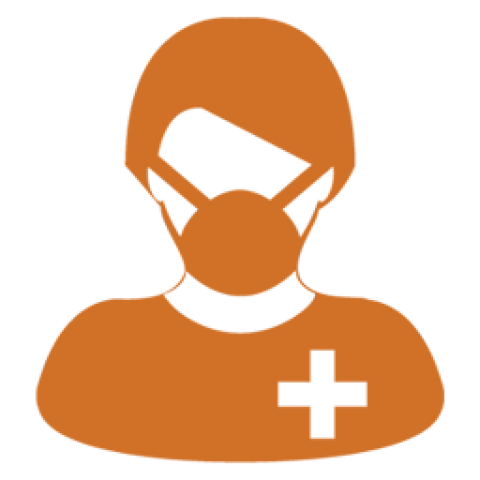William Mubiru
Former Chief of party, Uganda RHITES-E Activity


For more than 25 years, IntraHealth has collaborated with Uganda’s government and local partners—including district leaders, national health associations, health training institutions, and community groups—to strengthen the country’s health workforce and systems, improve health services, and support locally led development.
Uganda has made notable progress in the past decade: decreasing poverty, reducing child mortality by half, increasing life expectancy, and almost doubling the modern contraceptive prevalence rate. Yet the country is still far from its goal of universal health coverage. IntraHealth has been working with the government and local partners to accelerate progress by increasing the number of health workers, maximizing the performance of the existing health workforce, and strengthening health service delivery to reach people most in need.
Together, we:
 43,000 health workers added to increase access to services.
43,000 health workers added to increase access to services.



